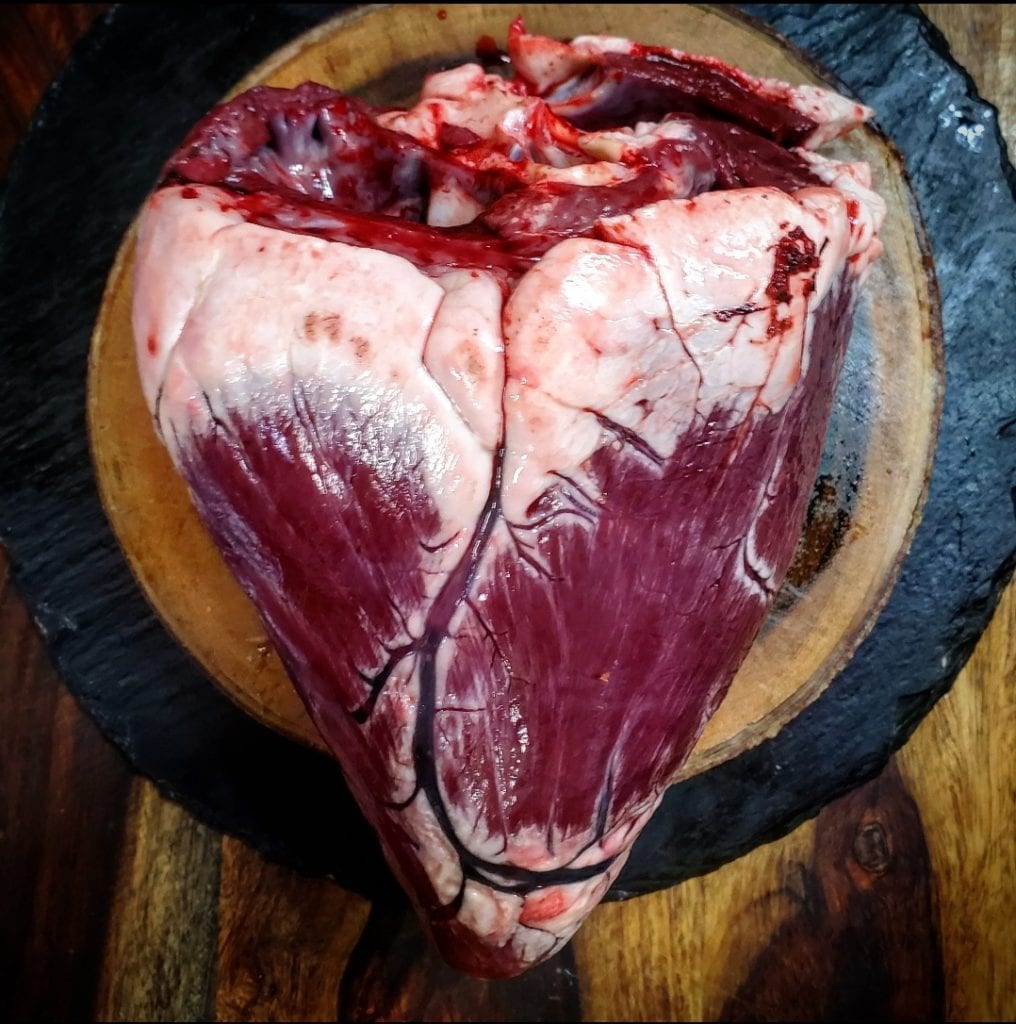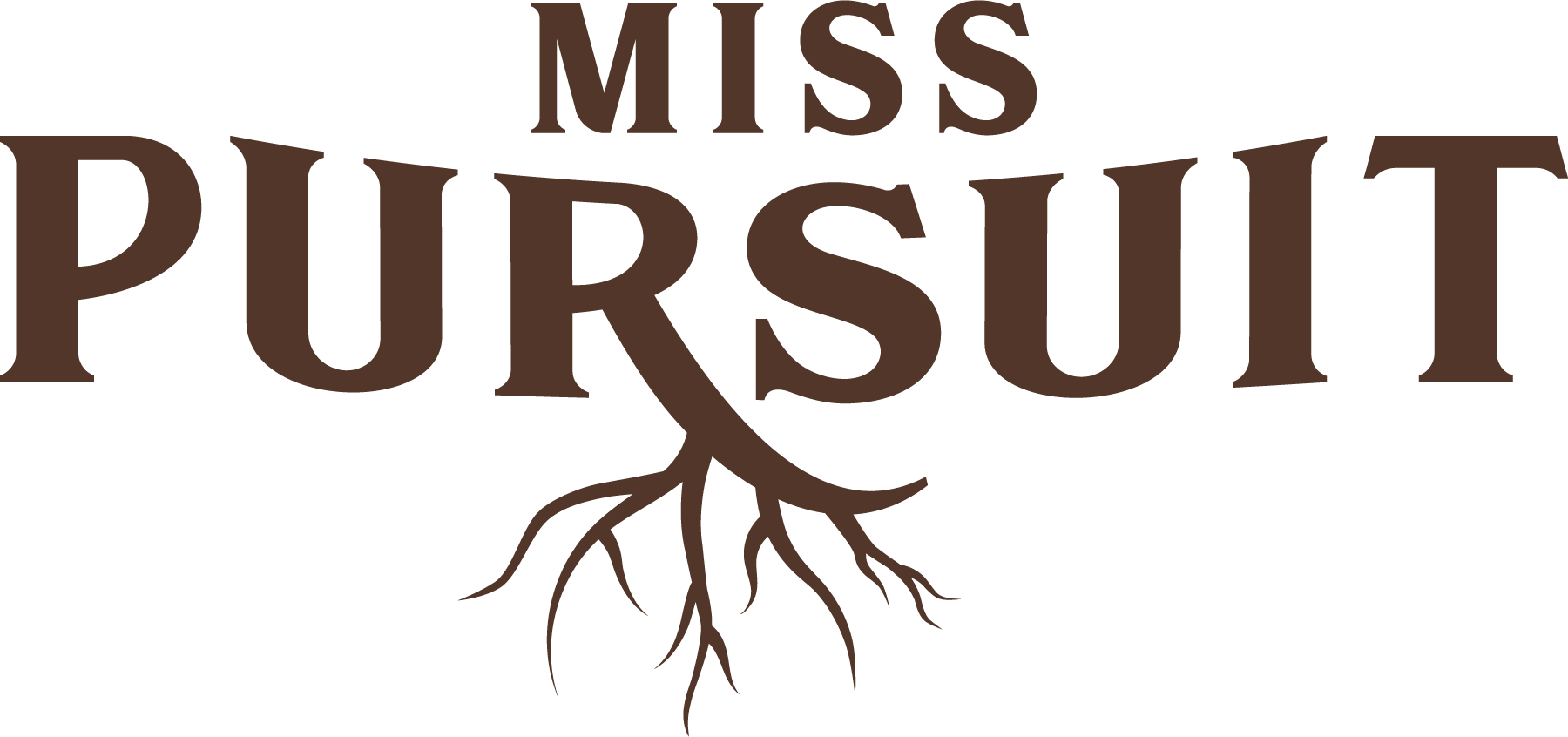Attention, meat lovers! Want to add a healthy and flavorful twist to your diet? Look no further than the humble deer heart. Packed with nutrients and full of unique taste, this game meat is worth trying. Keep reading to learn about its nutritional benefits, cooking techniques, and how it stacks up against other game meats.
What is Deer (Venison) Heart and How to Prepare it for Cooking?
Deer (Venison) heart is a popular game meat that has become increasingly sought-after in recent years. Not only is it incredibly flavorful, but it's also surprisingly easy to prepare and cook. In this article, we'll discuss the basics of deer (venison) heart preparation and provide some tips on how to get the most out of this delicious game meat.

Looking for new wild game recipes? Get our downloadable with 10+ recipes today.
Delicious Recipes Using Deer (Venison) Heart as the Main Ingredient
If you are looking for a unique and delicious way to enjoy deer (venison) hearts, look no further! From stews to tacos, these recipes will make your taste buds happy!
Easy Pan Fried Deer Heart Recipe
Grilled Venison Heart with Peppers and Onions
Deer Heart Recipe (Venison Heart)
MeatEater Recipe: Seared Venison Heart with Whiskey Butter
Quick and Easy Venison Heart – Cast Iron Recipes
Health Benefits of Eating Deer (Venison) Heart
Eating it can be a great way to add some extra nutrition to your diet. It is packed with essential vitamins and minerals, such as iron, zinc, and Vitamin B12. It is also a great source of protein, which can help you maintain strong muscles and bones. Additionally, it contains Omega-3 fatty acids which are beneficial for your overall health. Eating deer heart regularly can help reduce inflammation in the body and improve cardiovascular health.
How healthy is eating deer (venison) heart?
Deer (venison) heart is a lean protein source that is low in fat and high in nutrients such as iron, vitamin B12, and zinc. It is also a good source of CoQ10, an antioxidant that is important for heart health. Eating it can be a healthy addition to your diet, as long as it is cooked properly and consumed in moderation.
Tips & Tricks for Cooking with Deer (Venison) Heart
Cooking with deer (venison)heart can be a daunting task for the novice chef. However, with a few simple tips and tricks, you can easily create delicious dishes that will impress your family and friends. Here are the best methods that will make your meals tastier and healthier.
Looking for new wild game recipes? Get our downloadable with 10+ recipes today.
Cooking with venison heart tips and tricks:
Do you need to soak a deer heart before cooking?
Yes, it is recommended to soak a deer heart in salt water for at least 2 hours before cooking to remove any blood or gamey taste. After soaking, you can prepare the heart using various cooking methods such as grilling, roasting, or slow cooking.
What's the best way to eat deer (venison) heart?
One popular way to cook deer heart is to marinate it overnight in a mixture of olive oil, red wine vinegar, garlic, and herbs. Then, slice the heart thinly and grill or pan-fry it until it is cooked to your liking. Serve with a side of roasted vegetables or a salad for a delicious and nutritious meal.
Can you eat a raw deer heart?
While some people may choose to eat raw deer heart, it is not recommended. It is important to properly cook the heart to a safe internal temperature of 160°F. There are many delicious ways to prepare deer heart, including grilling, roasting, or slow-cooking it in a stew.
Should I brine the deer heart?
It is recommended to brine the deer heart before cooking it to help tenderize the meat and remove any gamey taste. A simple brine can be made with water, salt, sugar, and any desired herbs or spices. Brine the heart for at least 4 hours before cooking for the best results.
Nutritional Information of Deer (Venison) Heart
Deer (venison) heart is an excellent source of essential vitamins and minerals. It is a lean protein source that is low in fat and high in nutrients such as iron, vitamin B12, and zinc. Additionally, it contains Omega-3 fatty acids, which are beneficial for your overall health. Eating deer heart regularly can help reduce inflammation in the body and improve cardiovascular health.
Different Cooking Methods for Deer (Venison) Heart
There are several cooking methods that you can use to prepare deer (venison) heart. One of the most popular methods is grilling. To grill deer heart, first, you need to clean it thoroughly and remove any excess fat. Then, slice the heart into thin strips and marinate it for a few hours before grilling it over medium-high heat for a few minutes on each side.
Another popular method is slow-cooking. Slow-cooking deer heart can make it more tender and flavorful. To slow-cook deer heart, first, sear it in a pan to lock in the flavor, then place it in a slow cooker with vegetables and broth and let it cook on low for several hours.
You can also roast deer heart in the oven. To do this, first, preheat the oven to 375°F, then season the heart with salt, pepper, and herbs of your choice. Roast the heart in the oven for 15-20 minutes, or until it is cooked to your liking.
Marinating and Seasoning Techniques for Deer (Venison) Heart
Marinating and seasoning deer (venison) heart is crucial to ensure that it is flavorful and tender. A simple marinade can be made with olive oil, red wine vinegar, garlic, and herbs of your choice. Marinate the deer heart for at least 2 hours before cooking it to allow the flavors to penetrate the meat fully.
Seasoning deer heart is also essential. You can season it with salt, pepper, and herbs of your choice, such as thyme or rosemary, to enhance its natural flavor. You can also add a bit of honey or maple syrup for a sweet and savory flavor.
Comparison of Deer (Venison) Heart to Other Game Meats
Deer (venison) heart is just one of many types of game meat available. Compared to other game meats, such as elk, moose, and bison, deer heart is a leaner protein source. It is also lower in fat than beef and pork, making it a healthier alternative. In terms of flavor, deer heart has a mild, slightly gamey taste that is unique to game meat. However, it is less gamey than other game meats, making it a great option for those who are new to game meat.
Start Enjoying the Flavorful Taste of Deer (Venison) Heart Today!
Have you ever wanted to add a unique flavor to your meals? Not only are they delicious, but they are also packed with essential vitamins and minerals. With deer heart, you can enjoy the taste of game meat without having to go hunting for it. Start enjoying the flavorful taste today and experience a unique culinary adventure!
